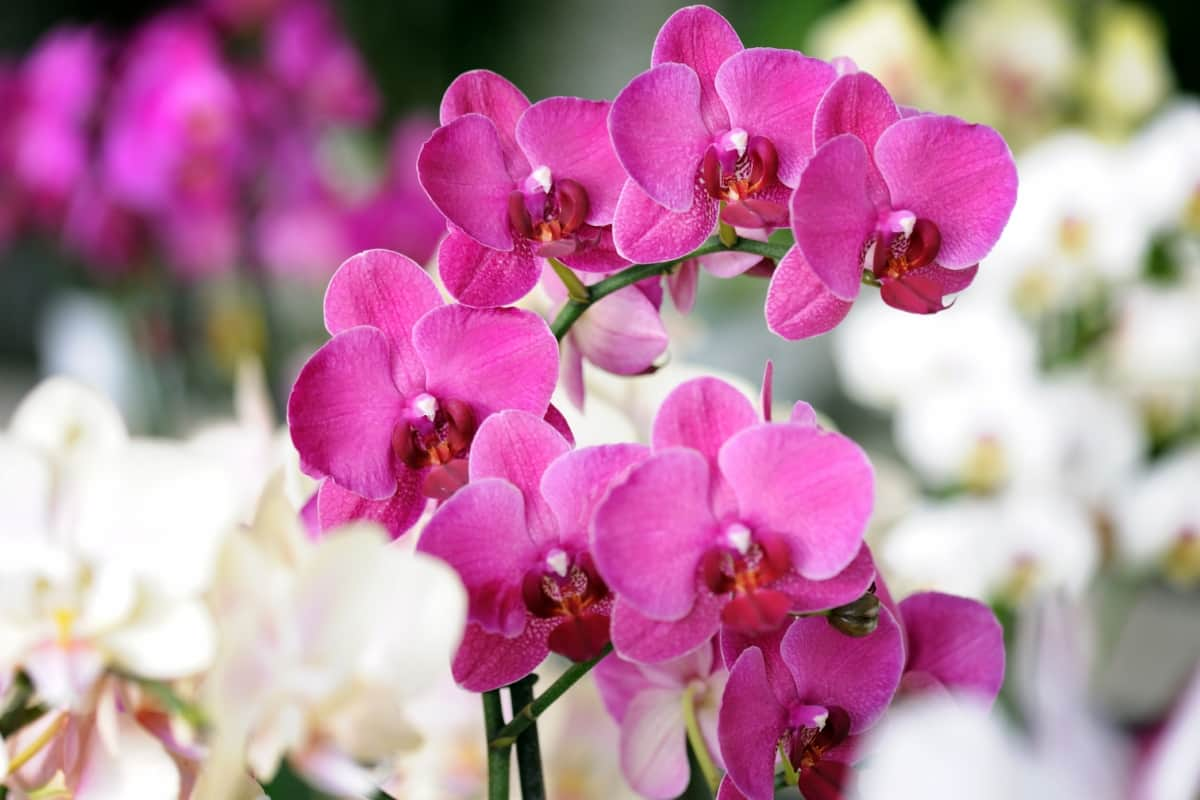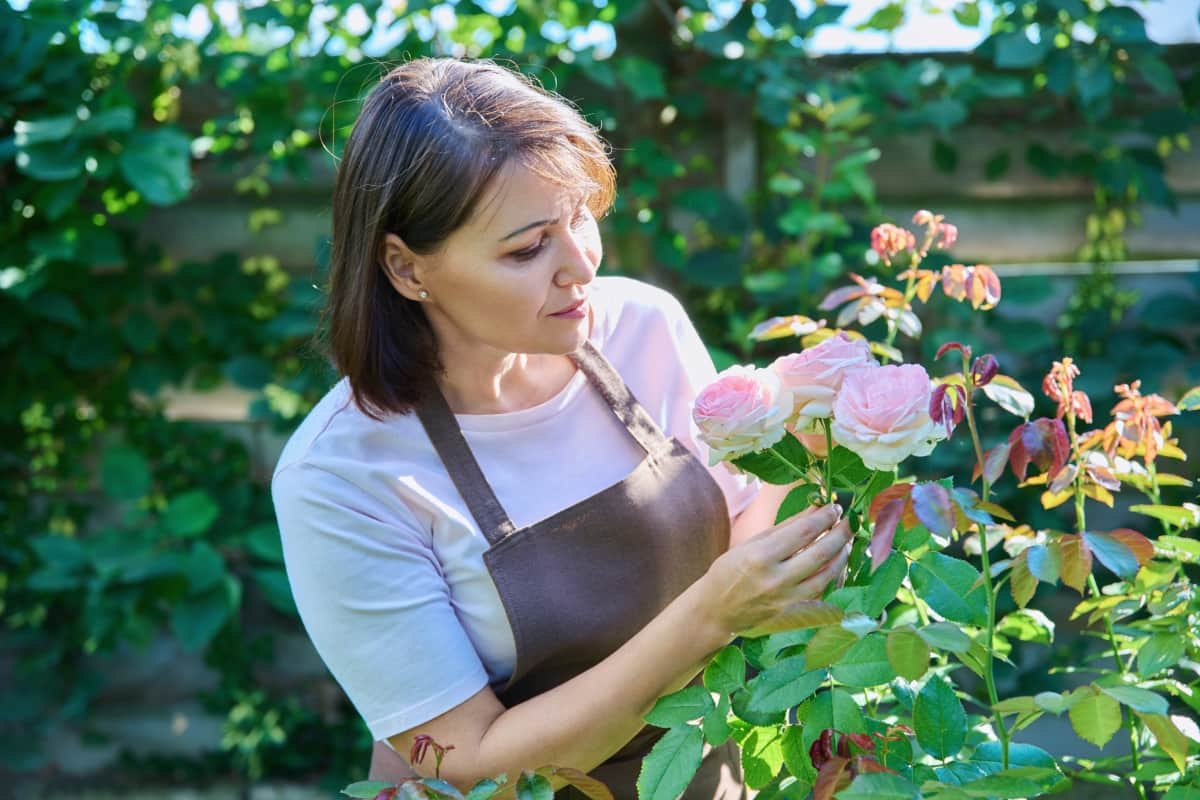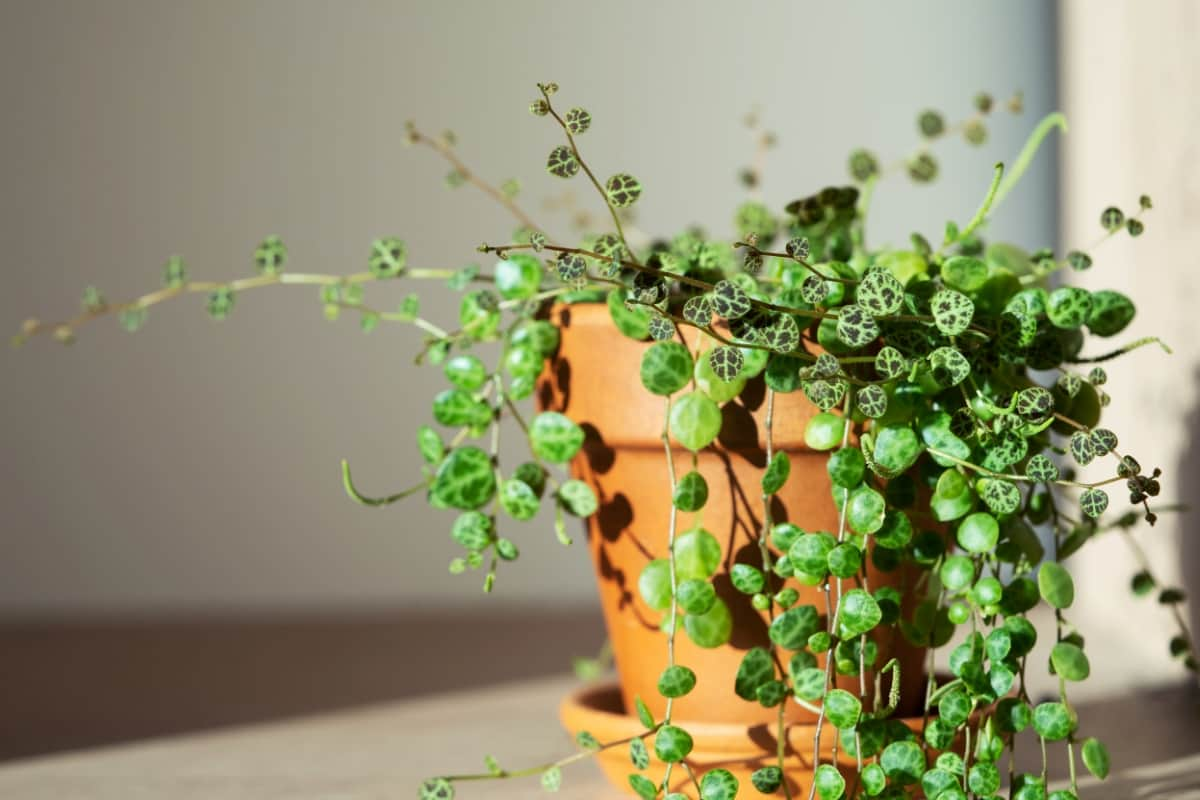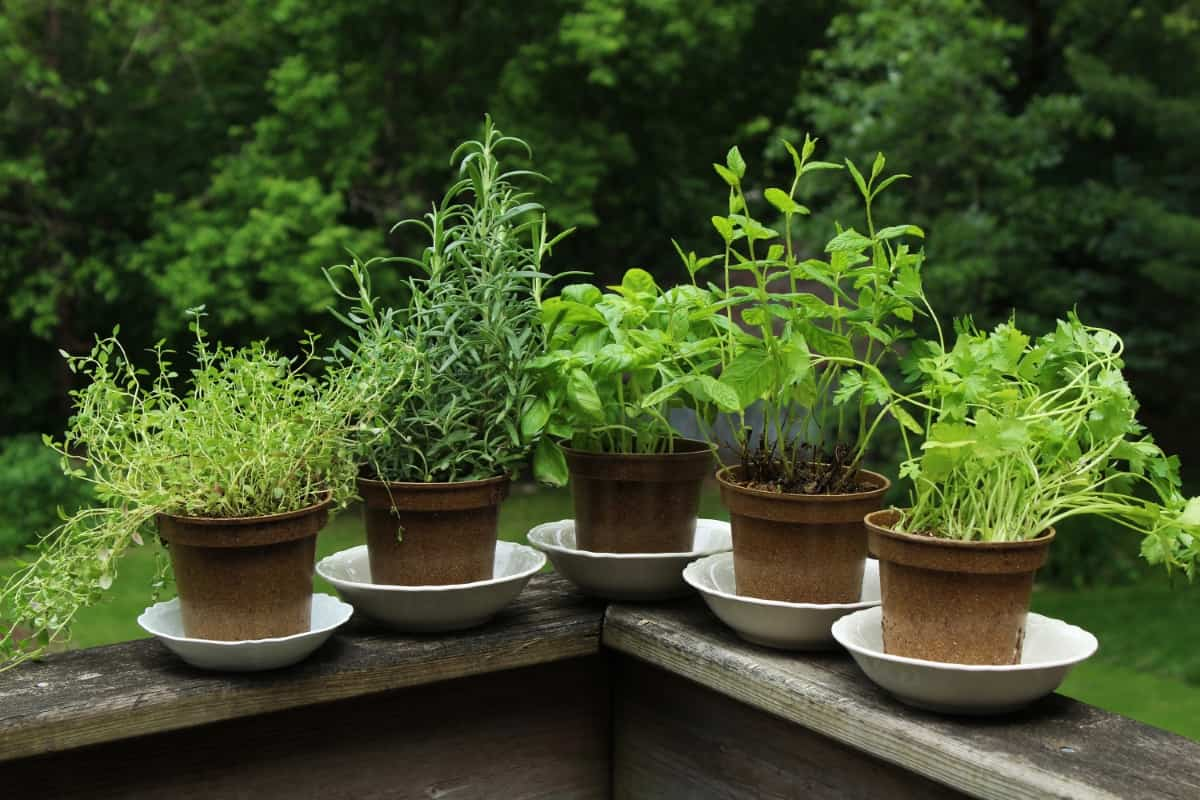Neem oil, made from the neem tree, is a well-liked natural pesticide for gardens because it works really well. While it’s commonly used to combat pests and diseases, knowing how to use neem oil on plants is essential. It’s typically applied by mixing with water and spraying onto the foliage.
However, it’s also vital to understand what plants not to use neem oil on. Despite its natural origin, not all plants respond well to neem oil. Some, like certain indoor plants, can be particularly sensitive. This article will explore which plants should avoid neem oil and why, ensuring the safety of both the plants and humans handling them.
Avoid Using Neem Oil on These Plants
Neem Oil is Not Recommended for Use with Orchids, and Here’s the Reason
Orchids are known for their delicate nature and specific care requirements. When considering whether you spray neem oil on soil or leaves, it’s crucial to note that orchids are particularly susceptible to damage from oil-based products. Neem oil can clog the pores of orchid leaves, hindering their ability to breathe and absorb moisture, leading to stress and potential disease. This sensitivity makes neem oil a risky choice for orchid care, emphasizing the need to seek alternative, gentler methods of pest control for these exquisite plants.

It’s Advised to Avoid Using Neem Oil on Ferns, and Here’s the Reason
Ferns, with their lush foliage and preference for moist environments, don’t fare well with neem oil treatments. The application of neem oil, especially if not correctly diluted when learning how to mix neem oil for plants, can cause fern leaves to burn and wilt. This reaction is due to the delicate nature of fern leaves and their inability to tolerate the oil’s potency. Therefore, it’s safer to avoid using neem oil on ferns and instead opt for other pest management strategies that are less harsh but equally effective.
Understand the Risks Associated With Using Neem Oil on Roses
Roses, while robust in appearance, can react negatively to neem oil, particularly when the oil is applied in incorrect concentrations. It’s essential to understand how to mix neem oil for plants correctly, as a strong concentration can lead to leaf burn and damage the plant’s natural defenses. Additionally, roses attract a wide variety of pests, and what bugs neem oil kills may not cover all the potential threats to roses. Consequently, using neem oil on roses requires careful consideration, and alternative pest control methods may be more appropriate.
In case you missed it: How to Use Neem Oil on Rose Plants: Best Natural Way to Eradicate Rose Pests

Delicate Succulents May Be Adversely Affected by the Impact of Neem Oil
Succulents, known for their water-retaining abilities and thick leaves, are surprisingly sensitive to neem oil. The oil can accumulate on their leaves, leading to sunburn when exposed to direct sunlight. When considering how to use neem oil on plants, it’s important to note that succulents’ unique leaf structure makes them vulnerable to oil-based treatments. Therefore, it’s advisable to seek pest control alternatives that are safer for these popular, low-maintenance plants.
The Use of Neem Oil May Harm Sensitive Houseplants
When it comes to indoor gardening, understanding which indoor plants don’t like neem oil is crucial. Sensitive houseplants, particularly those with delicate leaves or a preference for high humidity, can react poorly to neem oil treatments. The oil can disrupt the natural transpiration process, leading to stress and potential leaf damage. Therefore, for the health and safety of sensitive indoor plants, alternative, less invasive pest control methods should be considered.
In case you missed it: How to Use Neem Oil on Landscape Plants: A Natural Way of Getting Rid of Bugs in Landscape Gardens

There are Potential Dangers when Using Neem Oil on Citrus Trees
Citrus trees, often grown for their fruit, can exhibit adverse reactions to neem oil. This is particularly important when considering how to use neem oil on tomato plants and similar fruit-bearing plants. Neem oil can affect the plant’s foliage and potentially impact fruit development, leading to reduced yield and quality. While it’s known that neem oil is safe for humans, its impact on plants that produce consumables requires careful consideration to ensure both plant health and fruit safety.
Vegetable Gardens May Face Potential Risks from the Use of Neem Oil
Vegetable gardens are diverse ecosystems where the use of neem oil must be approached with caution. While neem oil is a potent pesticide, its application on vegetables needs careful consideration regarding concentration and timing. The question of whether neem oil is safe for humans is particularly relevant here, as vegetables treated with improperly diluted neem oil can retain residues. Moreover, certain vegetables may be more sensitive to neem oil, requiring gardeners to explore other pest control options to ensure the health and safety of their vegetable gardens.
Exercise Caution When Using Neem Oil on Herbs
Herbs, with their aromatic and flavorful leaves, require careful consideration when it comes to pest control. Neem oil, while effective against many pests, can be too harsh for the delicate structure of herb leaves. The oil can alter the natural flavor and aroma of the herbs, diminishing their culinary value.
In case you missed it: How to Use Neem Oil on Jade Plants: Natural Way to Get Rid of Pests from Jade Plant

Furthermore, herbs are often consumed fresh, making it crucial to consider the question: is neem oil safe for humans? In the case of herbs, it’s wise to exercise caution and opt for gentler, more herb-friendly pest control methods to preserve their quality and safety for consumption.
It’s Important to Know Why Neem Oil Should Be Avoided on Annual Flowers
Annual flowers, celebrated for their vibrant blooms and short life cycles, can be negatively impacted by neem oil. These flowers are often more delicate and sensitive to harsh treatments. Misapplication of neem oil, especially if one is unsure about how to mix neem oil for plants, can lead to damaged petals, reduced blooming, and a shortened lifespan. As annual flowers are a key feature in many gardens, it’s important to use pest control methods that support their health and aesthetic appeal, avoiding the risks associated with neem oil.
Understand the Impact of Neem Oil on Ornamental Grasses
Ornamental grasses add texture and movement to gardens but are not immune to the effects of neem oil. These grasses can experience leaf burn or discoloration if neem oil is applied improperly. This is particularly relevant when considering what bugs neem oil kills, as the pest issues for ornamental grasses might require different solutions. The sensitivity of these grasses to oil-based products necessitates a careful approach, prioritizing their unique care needs and avoiding potential damage from neem oil applications.
Conclusion
Neem oil, a natural pesticide, is widely used for plant care but is not universally suitable for all plant types. Its use on orchids, ferns, roses, succulents, sensitive houseplants, citrus trees, vegetable gardens, herbs, annual flowers, and ornamental grasses requires careful consideration due to potential adverse effects. Understanding how to mix and apply neem oil, alongside knowledge of its impact on different plants, is essential for effective and safe gardening practices. Gardeners should assess each plant’s specific needs, seeking alternative pest control methods where neem oil is unsuitable to ensure the health and beauty of their gardens.
- Ultimate Guide to Ossabaw Island Hog: Breeding, Raising, Diet, and Care
- Ultimate Guide to Juliana Pig: Raising Facts, Size, Diet, Care, and Lifespan
- Raising Lleyn Sheep: Disadvantages, Price, Uses, Characteristics, and Care
- Ultimate Guide to Meishan Pig: Breed Facts, Breeding, Raising, and Care
- Ultimate Guide to Teacup Pigs: Raising, Diet, Lifespan, Cost, and Care
- Guide to Raising Poll Dorset Sheep: Facts, Profile, Characteristics, Uses, and Care
- Ultimate Guide to Bighorn Sheep: Characteristics, Diet, Lifespan, Breeding, and Lifecycle
- Ultimate Guide to Raising Katahdin Sheep: Farming Facts, Breed Profile, Uses, and Care
- Ultimate Guide to Raising Oreo Cows: Belted Galloways Farming Facts, Profile, Uses, and Care